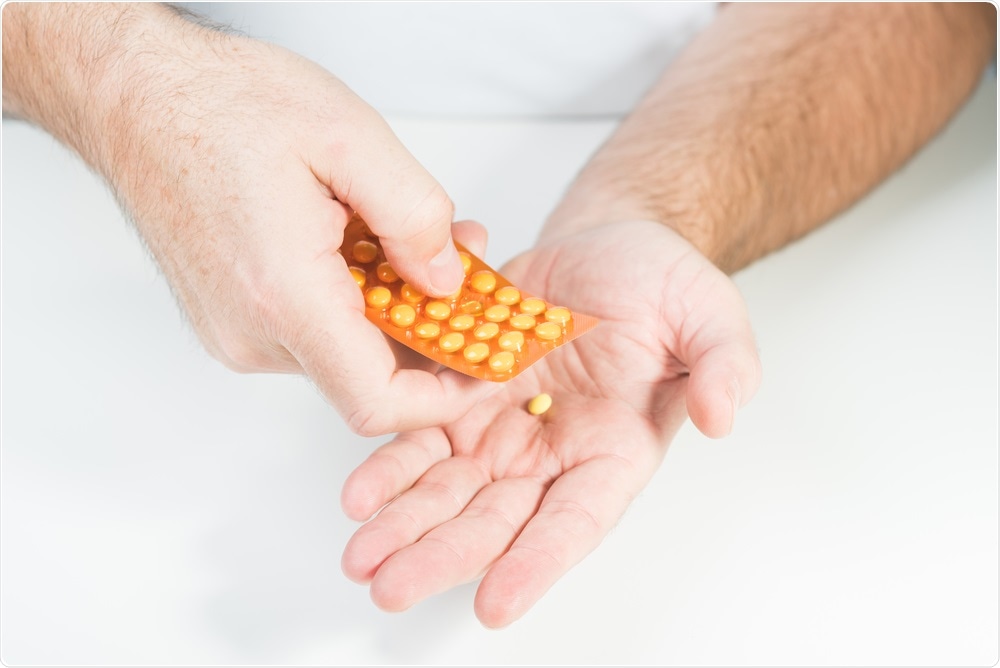
Male contraceptive pill shown to be safe and tolerable in phase I trial
A potential new male birth control pill has been declared safe for use after a phase-one trial showed that the once-daily capsule seemed to work without causing any significant side effects.
 Monika Gruszewicz | Shutterstock
Monika Gruszewicz | ShutterstockThe trial investigators say the pill may be available to use within a decade. The drug aims to suppress the hormones that drive sperm production, whilst preserving libido and enabling reversal of the effect once men stop taking the treatment.
For the study, Page and colleagues invited forty healthy men to participate in a trial at the University of Washington and Los Angeles Biomed Research Institute, where the drug is being developed.
Ten participants were given a placebo and the remaining 30 received a 200mg or 400mg dose of the drug, 11-beta-MNTDC. The formulation contains a type of progesterone that blocks the hormone LH, which is needed for testosterone production in the testes and the hormone FSH, which works together with testosterone to make sperm.
It also contains an androgen hormone that counteracts the resulting drop in testosterone: “Since testosterone production is shut down in the testes, the androgen action in the rest of the body maintains ‘maleness’ elsewhere, supporting things like male pattern hair, deep voice, sex drive and function, and lean body mass,” explains Page.
Capsules were taken once a day with food over a 28-day period, at which point the experiment was stopped so that safety and tolerability could be assessed.
As reported in the Journal of Clinical Endocrinology and Metabolism, Page and team found that LH and FSH levels were significantly reduced among those who took the drug, compared with those who took a placebo, suggesting that the drug had stopped sperm production. Furthermore, lead researcher, Christina Wang, says the effects exerted by the drug were reversible once treatment was stopped.
None of the participants dropped out or found they had less sex during the trial, but some did report mild side-effects including headaches, acne, tiredness, and a slightly decreased libido. Two men also reported having mild erectile dysfunction, although they did not report any decrease in sexual activity.
The Family Planning Association has called the development as a step in the right direction, welcoming any new method of contraception that allows men to take greater responsibility for male contraception: “We believe lots of men would be interested in trying new methods of contraception that will allow them to ease the burden of responsibility for their partners.”
Wang says the next step is to measure the fall in sperm production directly to confirm the decrease and determine whether it is sufficient:
The researchers say it could be a decade before a male pill becomes available on the market, but that they believe there is strong demand from couples: “When we ask men about hormonal compounds, about 50% are willing to try this new method. And when you ask their partners, the percentage is even higher,” says Wang.
Source:
This research was presented at ENDO 2019: Second potential male birth control pill passes human safety tests.






















.png)












No hay comentarios:
Publicar un comentario